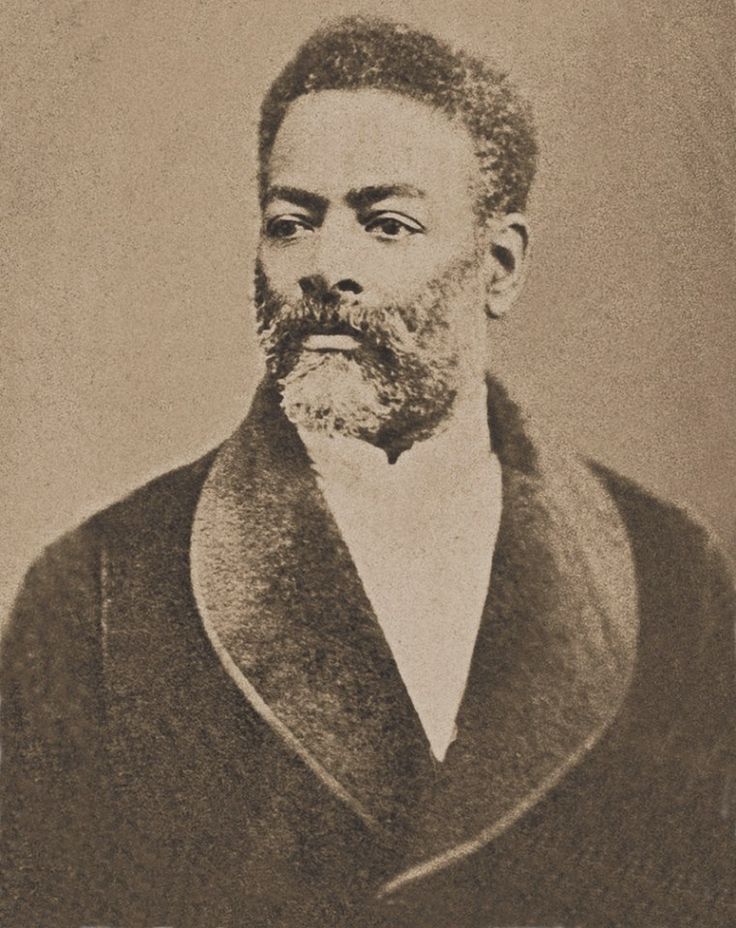The University of Hamburg (Albrecht Mendelssohn Bartholy Graduate School of Law) hosts a conference on
Latin America and International Law, announced earlier on this
blog.
The program is now available:
Friday February 8
11:30-12:00 Registration
12:15-12:30: Welcome Address
12:30-13:15: Keynote 1: José Manuel Barreto Soler (Catholic University of Colombia)
13:30-15:00: First Panel Session
Panel 1: Colonialism and International Law in the Americas
Alexis Alvarez-Nagakawa: "The Conquest of the (New) World as Picture: Images of the Colo- nial Origins of International Law"
Nikitas Hatzimihail: "The Buffalo in the Room: The Americas in Early Classical Private International Law"
Yolanda Gamarra: "Material and Discursive Reconfiguration of ‘Spanish America’ in International Law"
Panel 2: Latin America and International Law 1
Walter Arévalo, Ricardo Abello-Galvis (Universidad of the Rosario), "The Influence of the Latin American Doctrine on International Law: The Rise of Latin American Doctrines and Principles at The Hague Academy Courses during the Early 20th Century"
Andreas Timmermann (Hamburg): "Hipólito Yrigoyen (1850 – 1933): ‘Krausism’ and International Understanding"
Christopher R. Rossi (University of Iowa): "Burying the Undertaker: The Resilience of Standard of Civilization"
15:30-16:15 Keynote 2: Miloš Vec (University of Vienna)
16:30-18:00: Second Panel Session
Panel 3: Second Scholasticism and Latin America
Ahmed Raza Memon (University of Kent): "Birth of Network Governance in Vitoria: Territorial Enclaves and the Holy Roman Church"
Michelle Alves Monteiro, Tatiana A.F.R. Cardoso Squeff (Rio Grande do Sul, Pontifica university & Federal University): "The „Paradise Destroyed“ by „the Just War“: A Dialogue between Bartolomé de las Casas and Francisco de Vitoria in the Concealment of Latin American Natives by European Colonizers"
Stefano Cattelan: "Iberian Mare Clausum policies in the Americas"
Panel 4: Latin America and International Law II
Tania Ixchel Atilano (Humboldt Universität Berlin): "The Crime of „Violations of the Duties to Humanity“ in the 1871 Mexican Criminal Code; an Example of Incorporating International Law in Mexico"
Rodrigo Géspedes (MPI for Social Anthropology): "On Wars and Revolutions: The Chilean Contribution to Modern International Law"
Ulrich Mücke (Hamburg): "International Law and the Abolition of Slavery in Nine- teenth-Century Brazil"
Friday February 9
09-09:45 Keynote 3: Liliana Obregón (University of the Andes)
10:00-11:30 Third Panel Session
Panel 5: Latin America and its Independence
Nicolás Carrillo-Santarelli (La Sabana University), "Doctrinal and Diplomatic Efforts of the Latin American Republics to Legitimise their Independence in the 19th Century"
Edward Martin (Hamburg): "Contextualising Haitian Indepen- dence"
Alexandra Téllez (Frankfurt): "Francisco de Miranda and his Contributions to International Law"
Panel 6: Arbitration and Investment Treaties
Henrique Lenon (Federal University of Paraiba, University Centre of João Pessoa), "The missing epitácio pessoa: A new historical approach to Latin American Resistance to Invest- ment Arbitration"
Javier García Olmedo (Max Planck Institute Luxembourg for International, European and Regulatory Procedural Law), "International Investment Law and Latin America: Perpetuating Colonial Economic Relations th- rough Unequal Treaties"
Gustavo Preito (University of Verona), "Mixed Claims Commissions and International Law in Latin Ame- rica: Adjudicating ‚Investment‘ Disputes in the 19th and 20th Century"
11:30-12:00 Break
12:00-13:30 Fourth Panel Session
Panel 7: A Latin American Doctrine of International Law?
Samira Allioui (Strasbourg): "The Discussion on the Existence of an Independent Sphere of International Law: International Law in Latin America or Latin American International Law?"
Nina Keller-Kemmerer (Frankfurt): "The Mimicry of International Law: Andrés Bello‘s „Principios de derecho internacional"
Aiko Nakai (Kyoto): "To seek the Basis of Regional International Law: The Concep- tions of American International Law by 19th Century‘s Latin American Thinkers"
Panel 8: Adjudication
Alan Nissel (Dudley Lotus LLP, Wilshire Skyline): "The US Professionalization of International Arbitration in Latin America (1870 - 1900)"
Fabia Fernandes Veçoso (Melbourne): "Intervention, Sovereign Debt, and the Making of Spatial Order: Revisiting the 1902 - 1903 Venezuelan Blockade"
Jean Rodrigo Ribeiro de Pontes (State University of Rio de Janeiro): "Brazil and the Statute of the Permanent Court of International Justice"
13:30-14:00 Lunch Break
14:00-15:15 Keynote 4: Ingacio de la Rasilla del Moral (Brunel University London)
15:30-17:00 Fifth Panel Session
Panel 9: Latin American International Law and Natural Ressources
Lucas Lixinski, Mats Ingulstad (UNSW Sydney, Norwegian University of Science and Technology), "Displacing Beginnings and Undermining Revolutionary Achievements: The Making of Perma- nent Sovereignty over Natural Resources in the Americas"
Petra Gümplová (Max Weber Kolleg, University of Erfurt), "Right of Conquest and the Origin of Territorial Sovereignty over Natural Resources - The Case of the Spanish Empire"
Panel 10: Developments in International Law after 1945
Victor Ventura (University of Hamburg) "Latin American Territorialism in the Law of the Sea: A Disservice to the Ocean Rule of Law? The Brazilian State Practice"
Maria Victoria Cabrera (University Espiritu Santo Ecuador), "International Law on Indigenous Peoples: Latin America as a Leader - but with few Followers"
Daniel R. Quiroga-Villamarín (University of the Andes), "An Atmosphere of Genuine So- lidarity and Brotherhood: Development, Catholicism, and the Latin American Contribution to Social Rights"
More information with Matthias Packeiser (matthias.packeiser@uni-hamburg.de) or at the conference
website.




